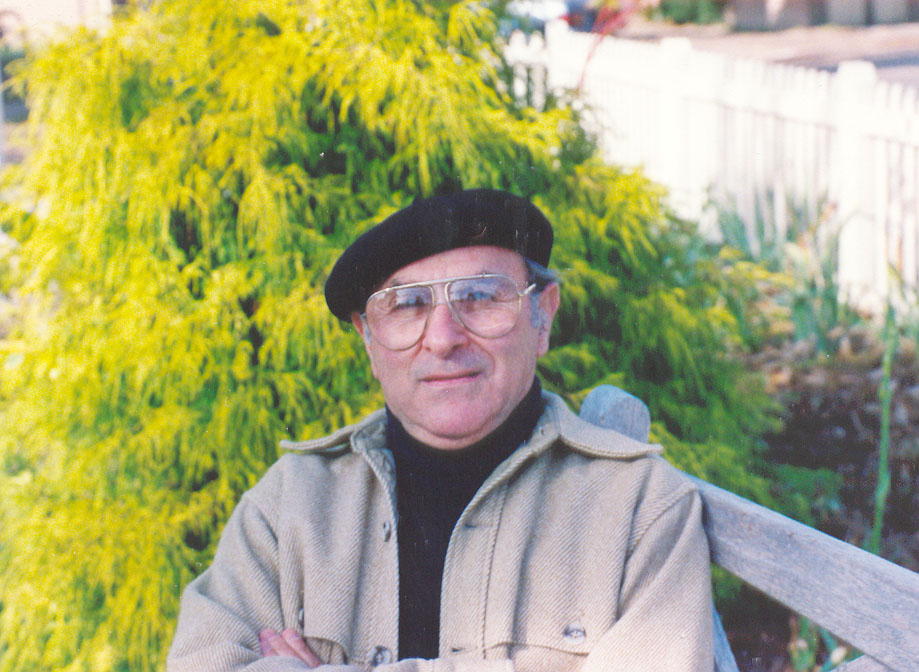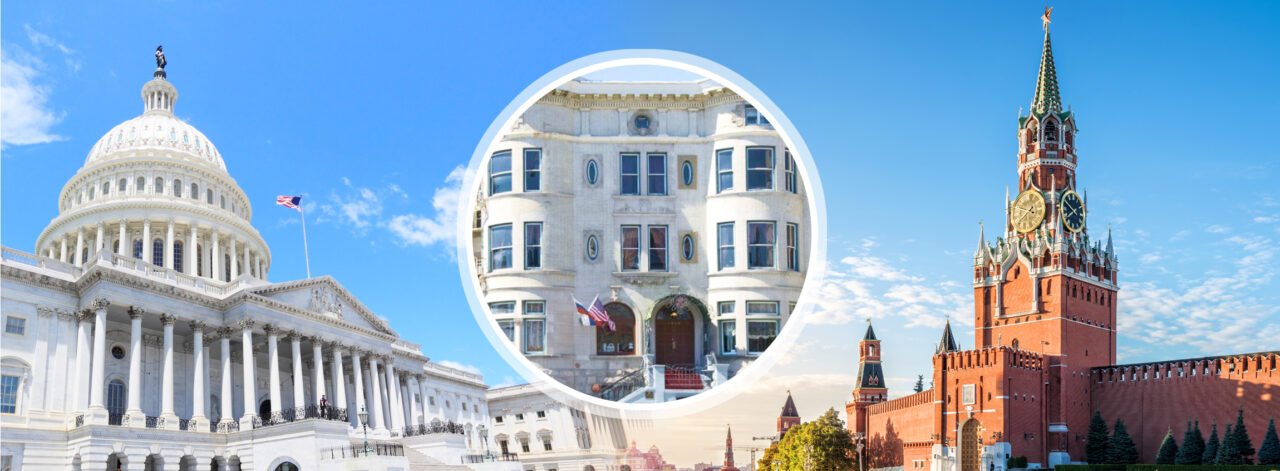
Frank Shatz
Frank Shatz is a Columnist for the The Virginia Gazette
A good part of my life was spent living under Nazi and Communist dictatorships. Thus, no wonder that I am hypersensitive to any threat that would endanger the civil liberties of American citizens.
The revelation by Edward Snowden that the National Security Agency has gathered massive communication data, encroaching on the privacy rights of American citizens, disturbed me deeply. However, I tried to avoid jumping to hasty conclusions.
With advances in technology, the ability to monitor communications by governments or by private entities has become a grow-industry. The expectation of the loss of privacy in communications is now taken more or less, for granted. What made the Snowden revelations so disturbing was the realization that the accumulated data landing in the wrong hands could be used to curtail the unique freedoms that we as American citizens enjoy. And our Constitution, guarantees.
Experts seem to agree that in an age of terrorism, it would be irresponsible on the part of the government to put constrains on gathering communication-data that may prevent the next 9/11 terrorist attack. Instead, they argue, transparent, independent, courts-supervised procedures must be put in place that would ensure public confidence in the system.
It is too early to tell how much damage was caused by Snowden’s revelations, concerning national security. No doubt, however, that the revelations focused public attention on a problem that begged solution. According to press reports, various committees in Congress are hard at work to craft legislation that would permit massive communication-data gathering, but under strict supervision.
The Snowden affair didn’t remain a domestic issue. It spilled over into the field of foreign affairs, complicating U.S.- Russian relations. It caused President Obama to cancel his one-on-one meeting with President Putin, in Moscow.
Edward Lozansky, the president of the American University in Moscow, who is an ardent promoter of the cause of cooperation between the U.S. and Russia, in an op-ed piece published in the Washington Times, outlined the urgent need for a meeting between the two leaders, because "major issues that are not discussed will not get resolved.”
As a member of the American University in Moscow sponsored Experts’ Panel, whose contributions are broadcast by the Voice of Russia to 160 countries, I was asked to reflect on how to repair the breach between the U. S. and Russia.
To illustrate how a conflict needs to be seen from different points of view, I recalled my interview with James Baldwin, one of America’s foremost black writers, living at that time in self-imposed exile, on the French Riviera.
"Baldwin lived up to his reputation as a fierce, outspoken and eloquent black writer,” I quoted from one of my Lake Placid News and Virginia Gazette columns. "He was courteous, humorous and kind one moment, and the next was carried away by the firmness and heat of his own argument. His words placed, like bricks on bricks, a heavy burden of guilt on the shoulders of any white man he happened to talk to.”
He said: "I don’t give a sh… how white people get rid of their guilt feeling. It is their problem. We blacks have ours. You asked me about John Brown, the abolitionist. Now here was a white man who needed to cleanse his soul of guilt. To do so he made an attack on the bastion of the federal government. He did it in an attempt to liberate not merely the black slaves but the whole country from a disastrous way of life. It was on his part, an act of love, and it failed. What is left is the impact made on the conscience of the few people which travels down in time.”
I quoted Baldwin saying, "I believe that a real solution to the problems of America can be brought about only through love between people. And it won’t happen overnight. Whether it will work, I don’t know. It wasn’t really ever tried, anywhere.”



_jpg/250px-ElbeDay1945_(NARA_ww2-121).jpg)







